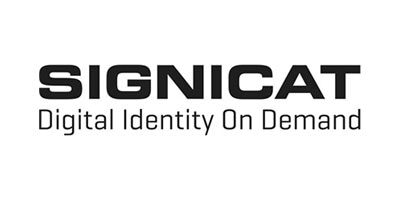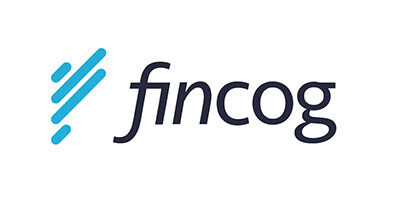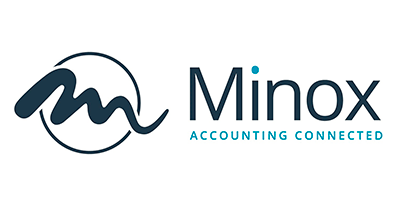The Fintech Association for the Netherlands
Our member organisations benefit from help to
Find Talent
Use our fintech network to attract, engage and develop top tech talent and promote your vacancies.
Find Startups & Solutions
Scale your business faster by utilising the innovative solutions found in our global fintech network.
Find business partners
Engage with our community, enjoy business introductions and get connected to fintech thought leaders.
Engage key stakeholders
Showcase your solutions through sharing knowledge across our media channels and speaking at events.
Meet each other at events
Receive discounts to top global events and join fellow network members on international trade missions.
Find Investors
Find investors in our network and pitch your solution at our dedicated investor events and secure funding.
We help you navigate through the fintech environment
Abbreviations, industry jargon and regulatory requirements are often challenging to traverse. We provide condensed knowledge sharing and interaction opportunities to create a level playing field.
A rapidly growing fintech network
What our members have to say about our services
Discover our members
A directory of international fintech companies













